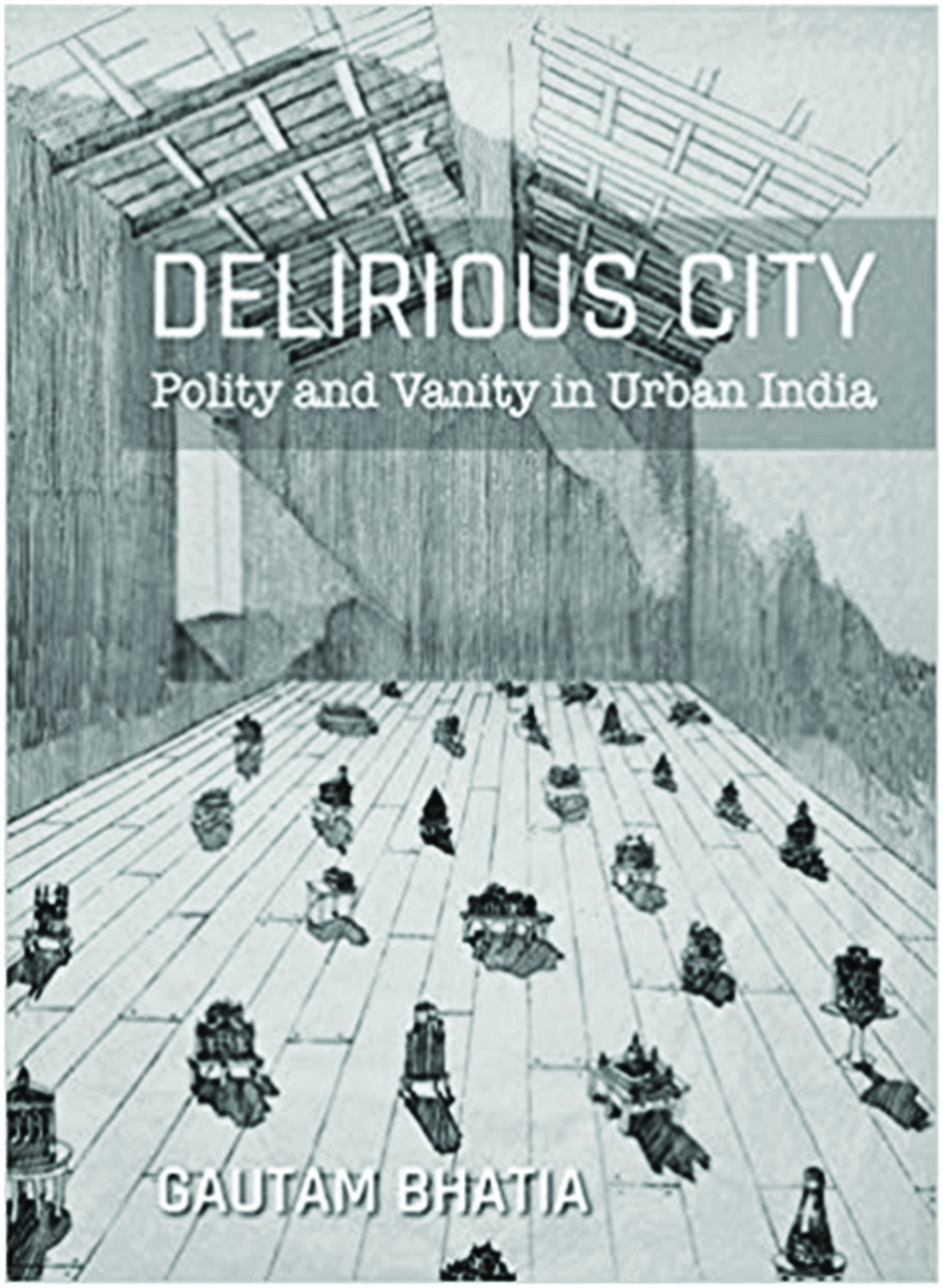Gautam Bhatia’s books on architecture in India are, by and large, autobiographical. They are thoughtful reflections of a sensitive and idealistic practitioner at odds with the quotidian values of the profession. As he sees it, it is a profession that actually caters to the needs of just one percent of the population but believes that it is indispensable for the welfare of mankind. Such professional hubris results in profound misunderstandings between architects and their equally opinionated clients, that develops into an existential drama. In the course of his professional practice as an architect, he has participated in this drama and describes its denouement with deep insight and eviscerating humour. His books shine a critical light on both the architect and their clients, which has beguiled readers and acquainted them with the problems of contemporary architectural practice in India. He is now a celebrated commentator on Indian architecture and urbanism. His new book treads familiar ground but extends its boundaries in a creative manner that is compelling.
May 2020, volume 44, No 5

